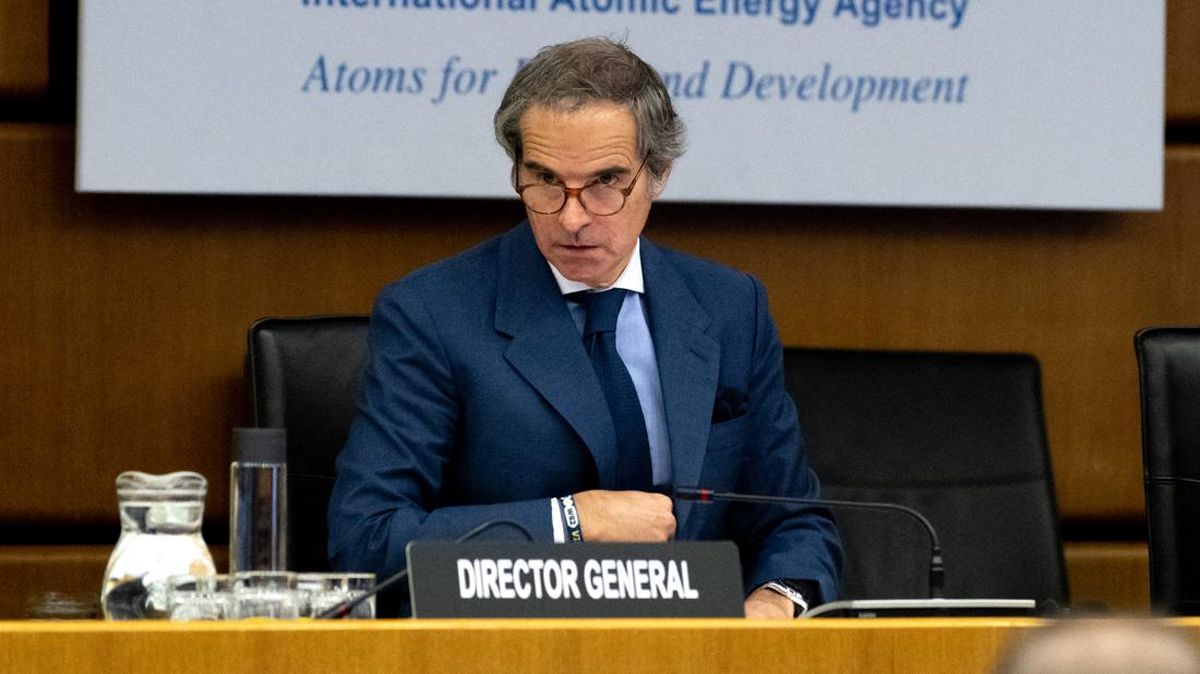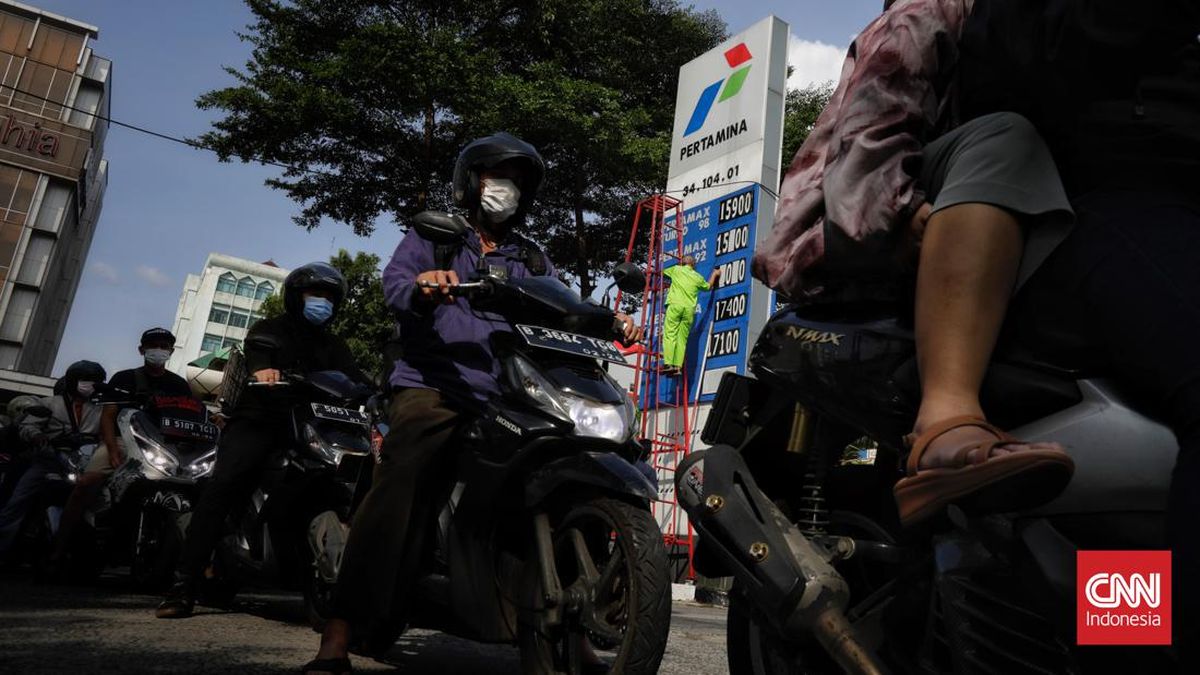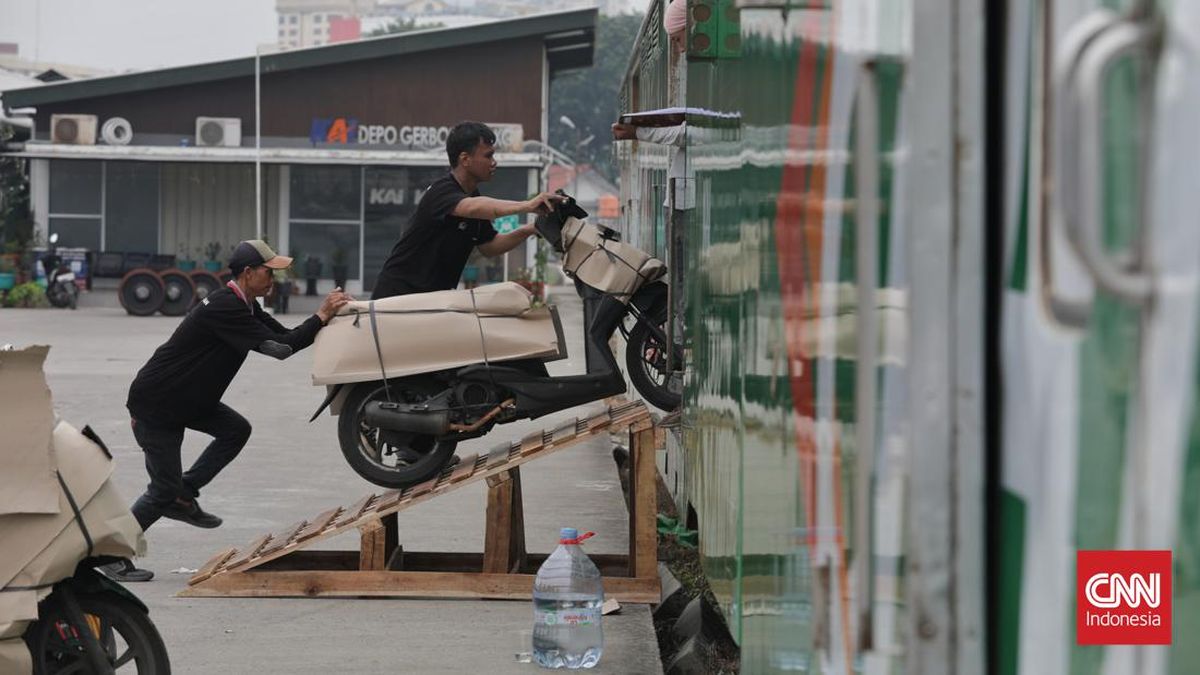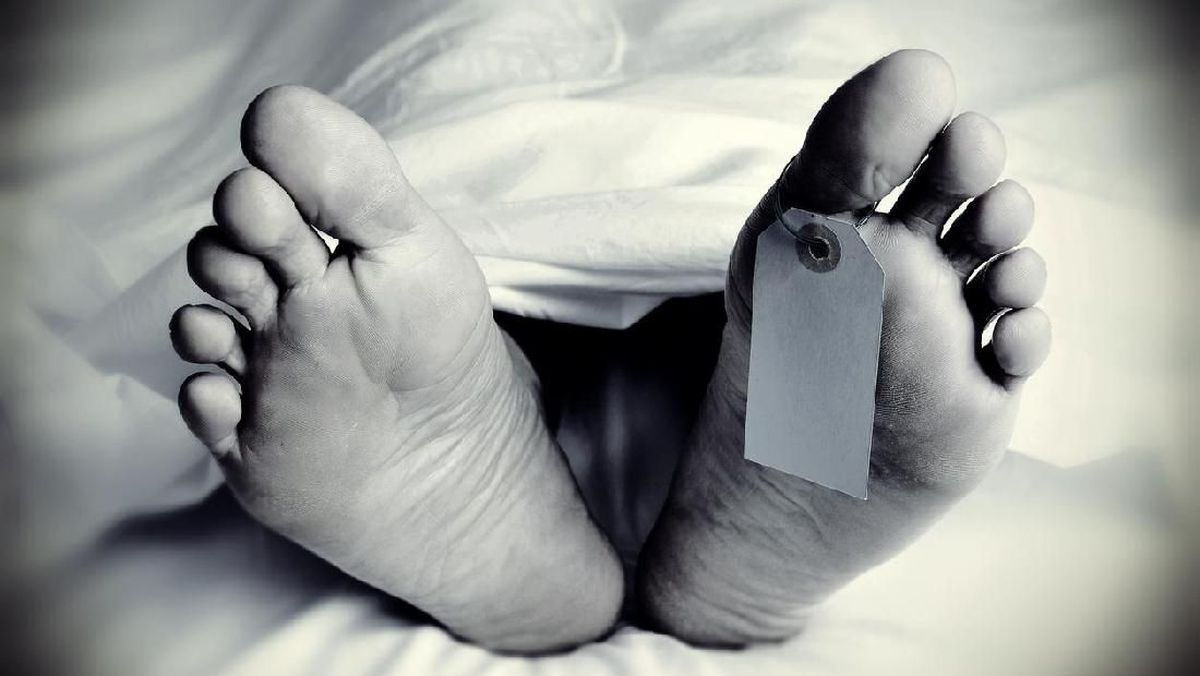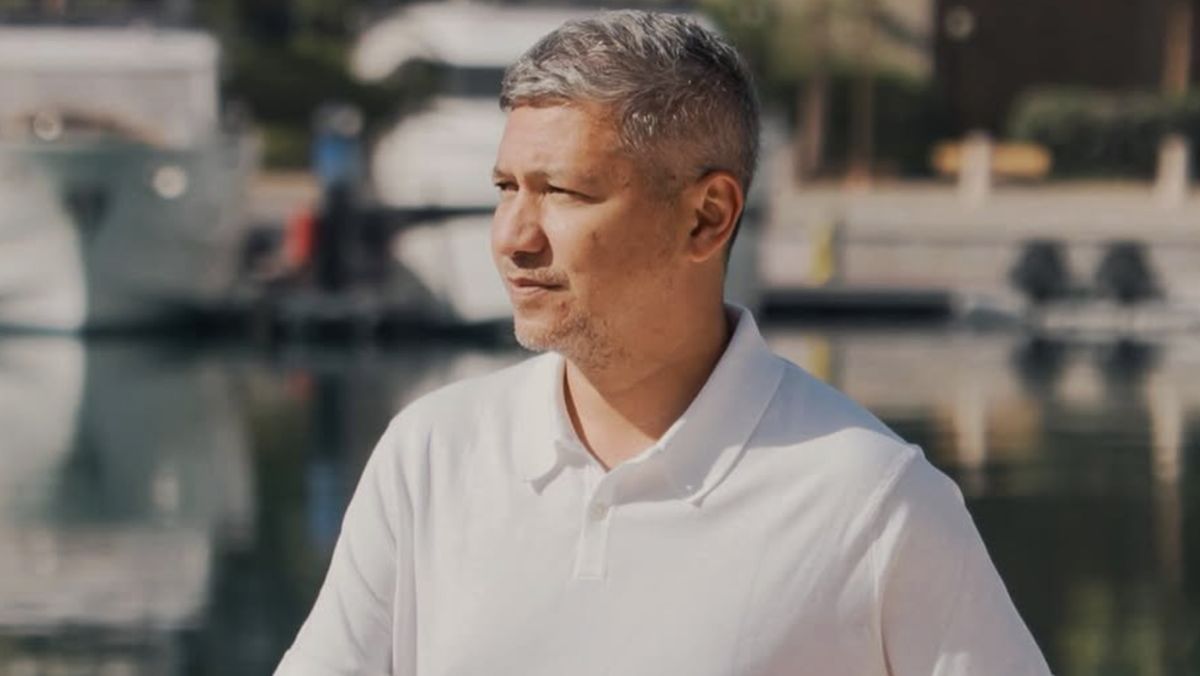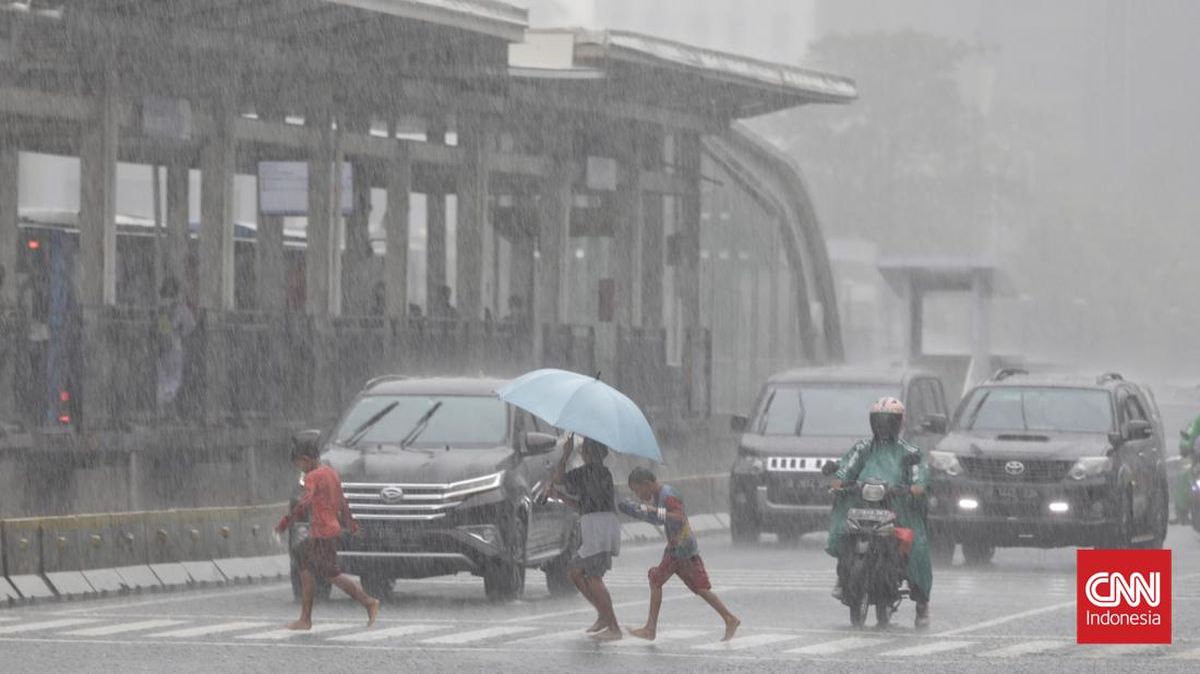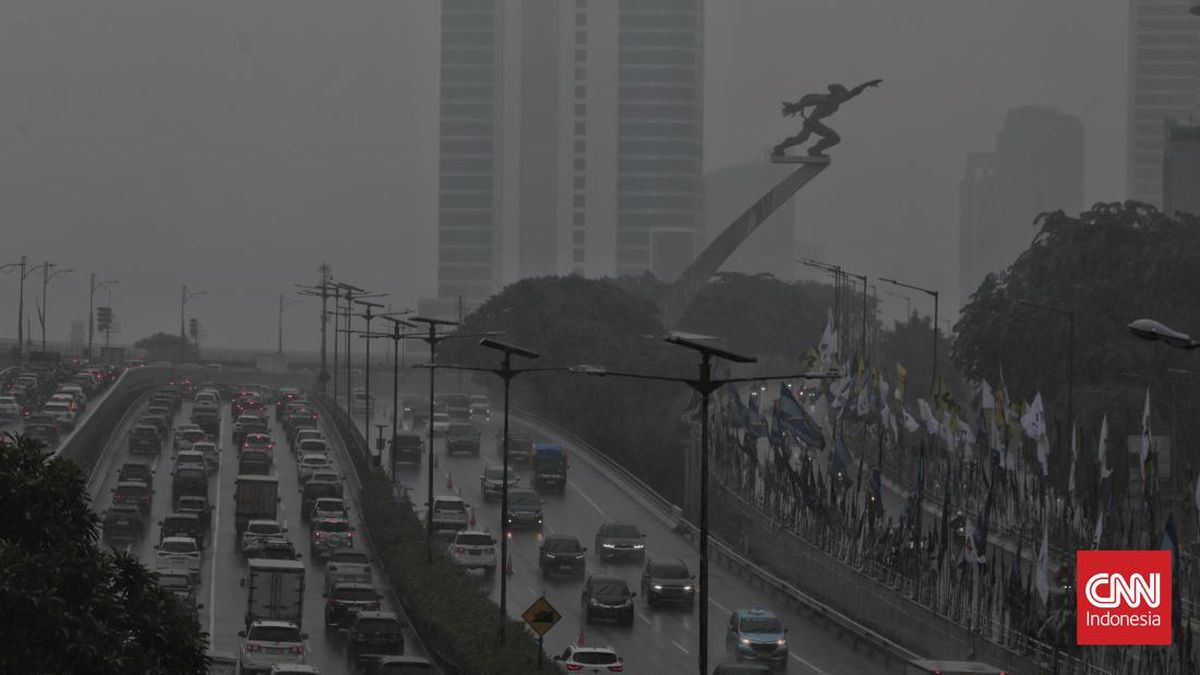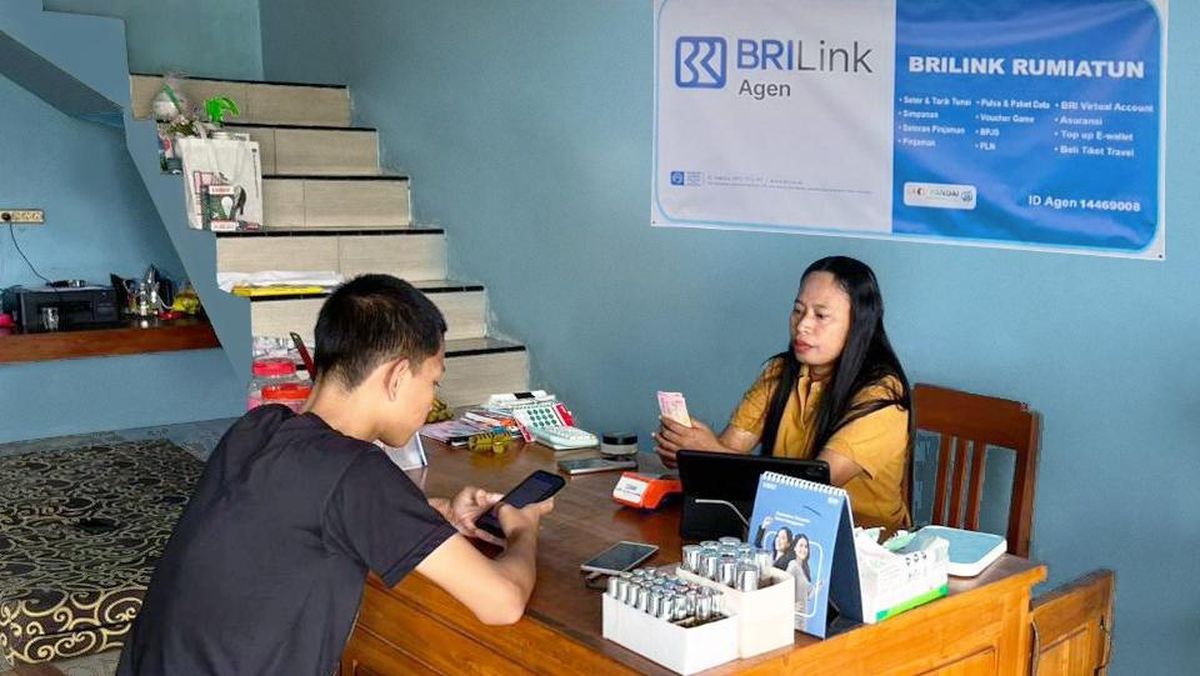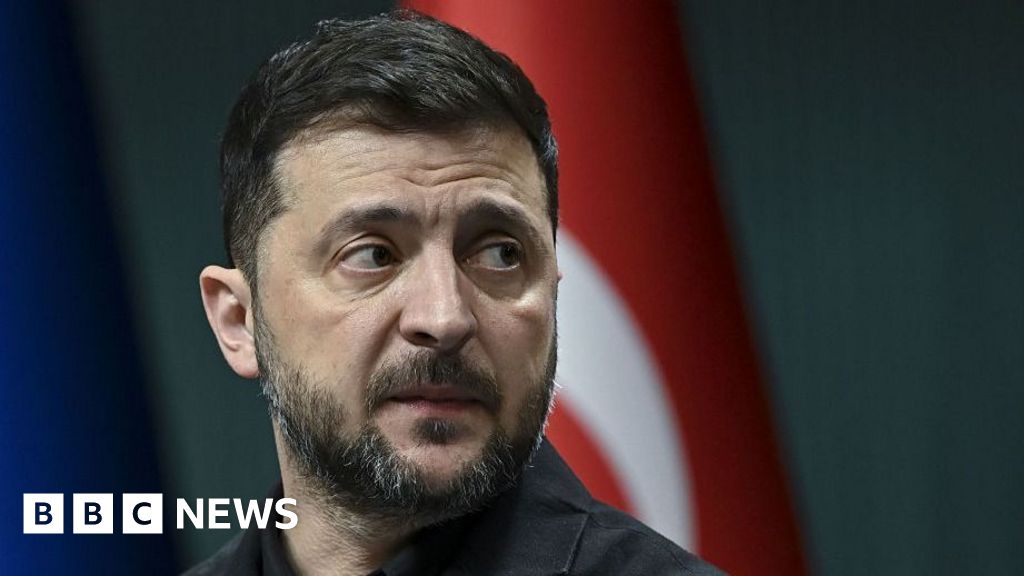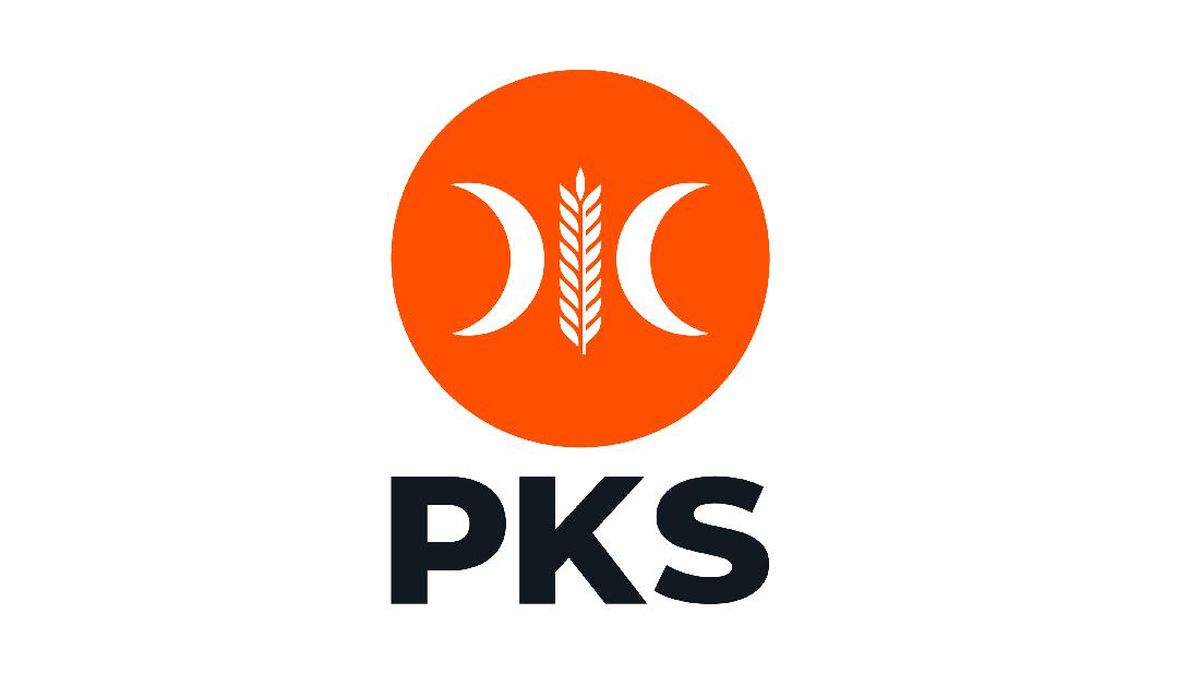The urge to drive her car into a tree – “really gently, not enough to hurt the baby” – seemed sensible at the time to new mother Ellen Kimball, who was seriously sleep-deprived.
“We live in a mountainous area, and I thought it was completely logical … I might get to go to hospital and get to have a rest,” says Kimball. She became consumed with the idea, and this frightened her enough to stop driving.

Ellen Kimball wants others to know support for new mothers that can feel “insignificant” to the person offering it can mean a lot to the person in distress.Credit: Simon Schluter
Kimball never had thoughts of self-harm before first-time motherhood, and the deterioration of her mental health had happened over months. She didn’t recognise the strange impulses as intrusive thoughts, part of escalating post-natal ill health: “I thought I was going insane.”
She had slipped and broken her arm in the last week of her pregnancy, but it wasn’t correctly diagnosed until after the birth and the pain made the early days with her first baby hard, even with a wonderful partner.
Her experience with maternal and child health services in her region had been “inconsistent” but, most of all, her adored son was waking every hour well into the third month.
Loading
“The biggest challenge that persisted for us was sleep … there were nights when I’d only have two hours, and the toll that took on my mental health was unbelievable,” Kimball said.
“Within about three months, I was realising I was not OK.” She confided in her partner that, “I’m not coping, I need help.”
The first time she called the national support agency Perinatal Anxiety & Depression Australia (PANDA), Kimball recalls hanging up.
The organisation reports that in 2024-25, more mothers are calling its helplines expressing thoughts of self-harm or suicide – something that also occurred to Ellen Kimball – and it wants parents to know they can recover, and others to know what helps.
Loading
Sixteen per cent of helpline callers in the last year experienced suicidal thoughts, an increase on 2023-24, said PANDA chief executive and clinical psychologist Julie Borninkhof.
One in three new or expecting parents completing PANDA’s online mental health checklist reported “urges to self-harm or thoughts of running away”.
Suicide is one of the leading causes of death of mothers, “especially in the perinatal period, and we are seeing an increase in the number of people experiencing self harm, or thoughts of self-harm, this year”.
Those at risk may isolate themselves and avoid discussing these feelings due to the misplaced sense of failure, she said.
Screening designed to detect anxiety and depression may not pick up self-harm, so those close to new parents should be aware of signs that support is needed, such as losing confidence in their parenting, cutting themselves off from activities with community or friends, or seeming “more secretive”.
Checking in … and asking people how they are really doing is an important question to ask.
Nieves Murray, chief executive of Suicide Prevention AustraliaAfterwards, people often say things like they wished that their psychological pain had been visible like a physical injury because physical harm was easier to acknowledge and discuss, Borninkhof said.
The Australian Bureau of statistics reported last week that the largest demographic increase in suicide in 2024 was among young women, and Nieves Murray, chief executive of Suicide Prevention Australia, said the transition to parenthood – like any big life change – can bring vulnerability.
A sense of things being out of control, physical and emotional changes, lack of sleep and feelings of isolation can increase suicidal risk, but it doesn’t take high-level training to give vital help, she said.
But you don’t need to be a health professional to be able to make a difference in someone’s life, Murray said, advising people to lean in. “Asking the question about whether someone is thinking about suicide isn’t going to put the idea in their head,” she said.
“There are very simple training programs to give you the skills to talk about suicide. Checking in is really important, and asking people how they are really doing is an important question to ask.”
Listening to and acknowledging the person’s feelings of darkness was extremely helpful, as well as being comfortable helping them “unpack the reasons they are thinking about death” and then “moving them towards identifying reasons for living”.
Ellen Kimball found this support in her second and subsequent conversations with PANDA workers. “They must have recognised something in me that I wasn’t recognising in terms of the distress I was in,” she says.
With the help of her GP, Kimball found a place in a mother-baby unit and spent five weeks resting, sleeping and receiving support for anxiety and focusing on healing.
Loading
“I was able to start that process of being comfortable in my own skin about the kind of mother I wanted to be – more confident as a mother,” she says.
Now mother to a thriving eight-year-old, she wants people to know that two, three or four months into motherhood, some women may need support even if they are unaware of this themselves.
Those around them should “be aware that if people are feeling hopeless, it’s that seemingly insignificant help that can make a difference,” Kimball says.
For mothers who may be struggling, “it’s about communicating clearly and openly with those around you … and knowing it won’t be like this forever – learn to tune out some of the noise and well-meaning advice; know that there’s no one way to be a mum.”
If you or anyone you know needs support call Lifeline 131 114, Beyond Blue 1300 224 636, or PANDA between 9am and 7.30pm on 1300 726306. Perinatal Mental Health Week 2025 is November 23-29.
Most Viewed in National
Loading


